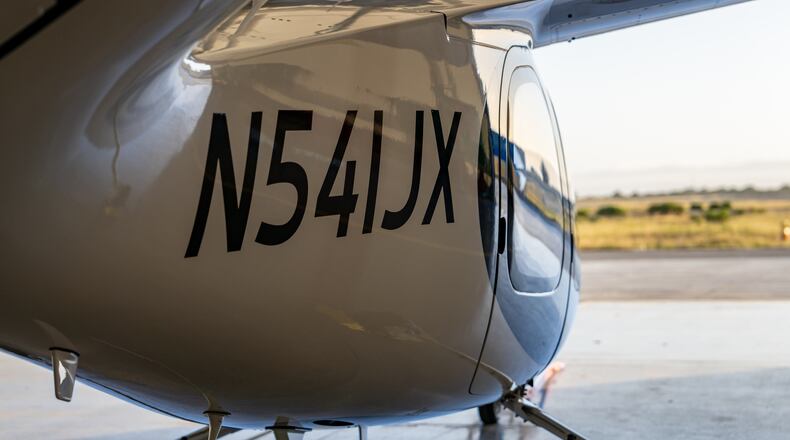However, JoeBen Bevirt, Joby’s chief executive and founder, hailed the company’s progress, saying movement toward Federal Aviation Administration (FAA) certification for its aircraft has been steady.
“Joby was the first air taxi company to complete the first, the second and the third stages of the type-certification process,” Bevirt said in a conference call with industry analysts after the release of the company’s quarterly results.
As a contrast to other air taxi companies, Bevirt emphasized that Joby has kept the “vast majority” of its parts manufacturing in-house, allowing engineers to get real-time feedback on how components perform. Competitor Archer Aviation, for example, has relied on legacy aerospace suppliers for parts.
“This approach allows us to move with significant pace and agility,” the CEO said.
Joby also says it is the first and so far only electric air taxi company to have its final airworthiness criteria published by the FAA.
In September last year, Joby said it planned to build a facility capable of delivering up to 500 aircraft per year at the Dayton International Airport, supporting up to 2,000 jobs.
In March, Joby announced the acquisition of an existing facility at the airport to prepare for manufacturing.
In 2020, Joby also broke ground for an “advanced urban air mobility technology simulator” facility at Springfield-Beckley Municipal Airport.
Operating expenses for the quarter totaled $145.9 million, Joby said. Net loss for the quarter reflected an $18.8 million decrease compared with the net loss in the first quarter last year.
Adjusted EBITDA (earnings before interest, taxes, depreciation, and amortization) — a key benchmark — amounted to a loss of $110.4 million for the first quarter, reflecting employee costs and costs tied to the development, certification and manufacturing of aircraft.
Shares of Joby (NYSE: JOBY) fell 16 cents, or 2.9%, to $5.37 in trading Tuesday. In late morning trading Wednesday, shares were down nearly 6%, trading around $5.06.
Joby began flying full-scale pre-production prototype aircraft more than four years ago, and the business says its two pre-production aircraft have completed more than 1,500 flights, covering more than 33,000 miles, with more than 100 flights with a pilot.
Joby’s taxi is designed to carry a pilot and four passengers at up to 200 mph, with close to no noise, the company has said. The company is aiming for commercial operations in high-population areas, like New York City and Los Angeles.
About the Author


